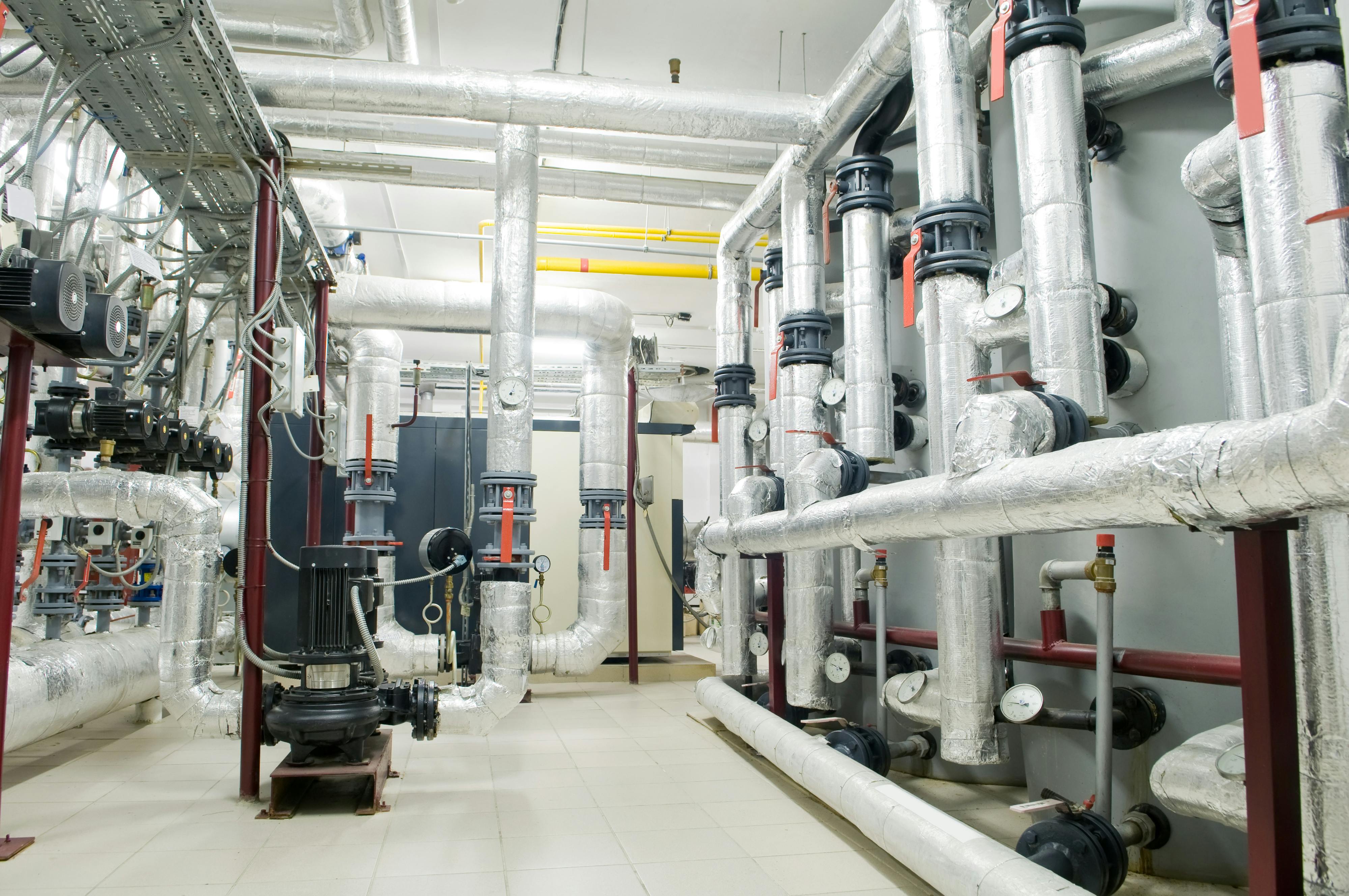HVAC Insulation
HVAC insulation can be used in these systems across large-scale commercial and residential properties, including high-rise offices, apartment blocks, airports, hospitals, warehouse and other industrial facilities, ensuring a comfortable living environment.
Effective insulation is essential for maintaining the correct operating temperature for the different parts of a system – from piping to air conditioning insulation. As these properties use a lot of energy to create a comfortable climate, working as efficiently as possible is vital.
Find out more about insulation for HVAC systems, and how ROCKWOOL solutions can improve the energy efficiency of your construction.








































